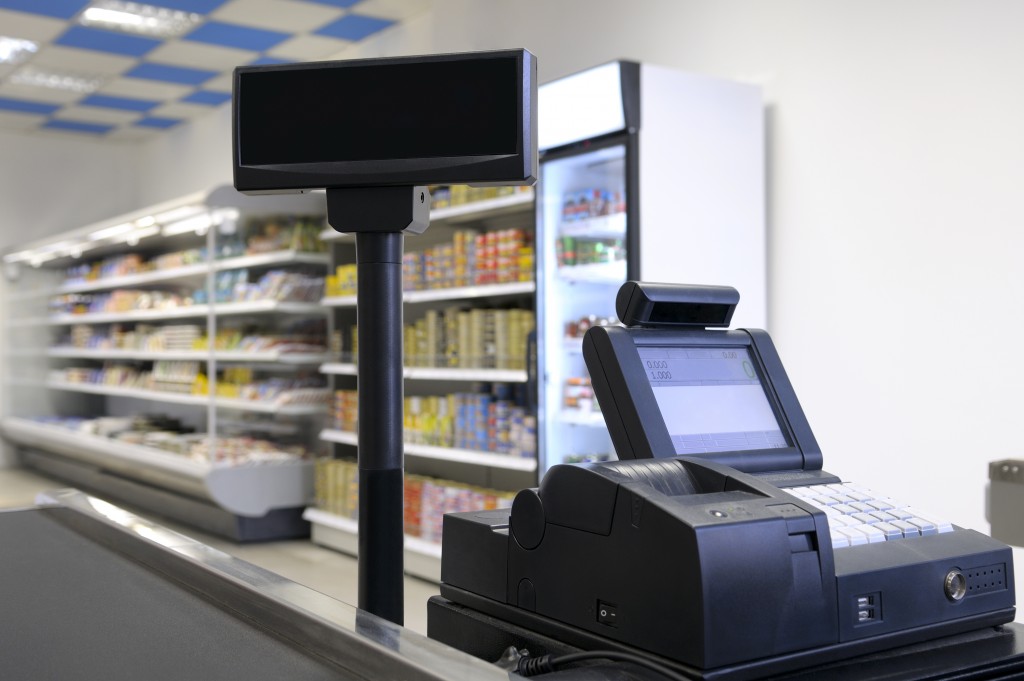The UK is home to plenty of business opportunities for you to explore as an expat. One thing you can do if you’re an enterprising individual with a great idea is to open a business as an expat. It can be confusing to figure out where to start, from what documents you need to submit to even what kind of outdoor rubbish bin you need to get for your physical location. Thankfully, you’ve come to the right place. The following guide will help you figure out the basics of setting up a business in the UK as an expat.
Make sure that you can legally open your own business in the UK
The very first thing you need to ensure is that your immigration status allows you to open your own business in the UK. As a non-EEA national, you’re required to have the appropriate visa.
Depending on the nature of your business and your nationality, you might need to secure a work visa first. Check the UK government’s website to see if you’re required to do so. Regardless of whether you need a work visa or not, you have to obtain a start-up visa which will allow you to set-up a business for the first time in the UK as a non-EEA national.
If you’re a more seasoned entrepreneur with at least £50,000 of investment funds in your business, you should apply for the UK innovator visa instead.
Allow at least three months before your travel date to the UK when applying for your visa. It takes about three weeks to receive a decision regarding your status, and applying in advance gives you more time to prepare everything.

Craft a solid business plan
The approval of your visa depends on the viability of your business plan, so you have to make sure you have a solid one in place before anything else. Don’t forget to conduct thorough research into the current market conditions of your field and prepare an exhaustive budget forecast. If you need a template or example to guide you, the UK government website has some available for download here.
Designate your business’ legal structure
There are three main types of UK business you can set up, each with their corresponding advantages, disadvantages, and requirements:
- Limited Company: These kinds of businesses will separate your personal finances from your business finances. You’ll have to appoint a board of directors, shareholders, and a company secretary. You’re also required to register with Companies House. It costs £12 to do so online or £40 if by post. This ensures that Her Majesty’s Revenue & Customers (HMRC) can guarantee that you’re paying the right amount of taxes.
- Sole Traders: As a sole trader, you’re exclusively responsible for your business’ debts. You’ll be in charge of paying the correct cost of tax and overseeing all company accounts.
- Partnership: Partnerships imply that at least two people will run the business. You and your partner will have to share the responsibility for your debts and company accounts.
Regardless of the type of business you’re starting, you need to register your business with HMRC either online or by telephone for tax purposes. If you’re incorporated, you should register for Corporation Tax and as a Self Assessment taxpayer.
You may need to obtain special documents and permits depending on the nature of your business, but these are the most essential things you’re required to have if you want to start your own business in the UK as an expat.



